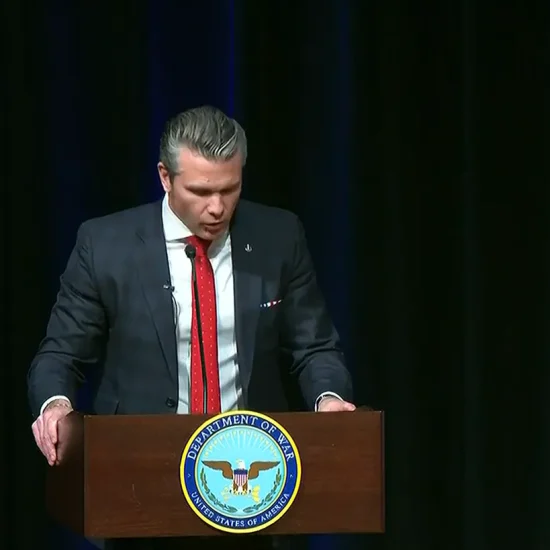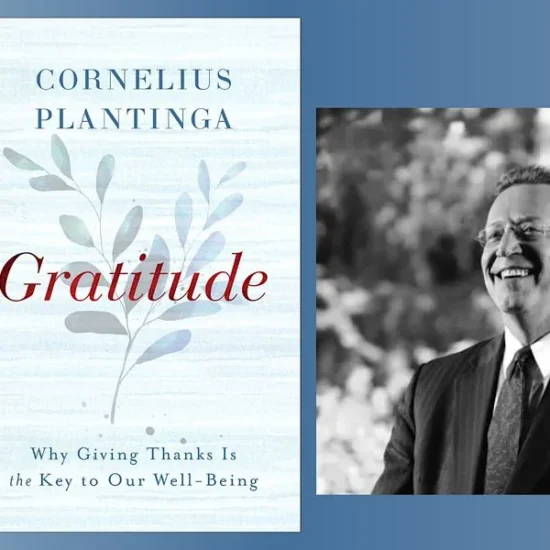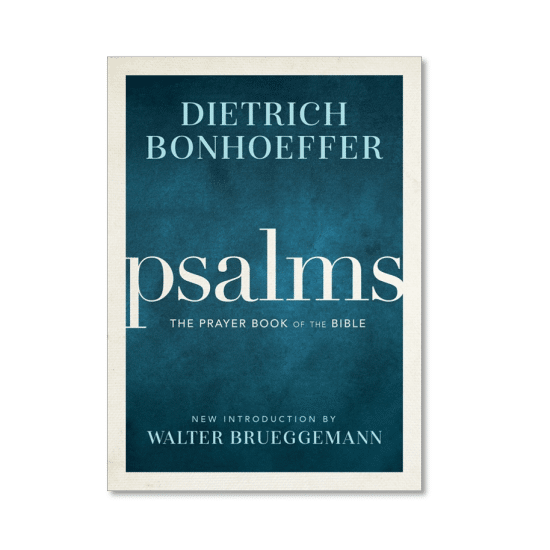
Please and thank you are phrases that we all are used to saying. We say them so much that they may seem like formalities. Even if they are formalities, they are important to say and hear. In a way, Psalm 116 emphasizes the importance of “please and thank you” in our relationship with God.

Terrell Carter
Psalm 116 is one of the Hallel (Hallelujah!) Psalms (113-118 collectively). These psalms specifically praise God for the blessings experienced by the psalmist’s ancestors being delivered from Egypt generations prior and for God delivering the writer from multiple troubles.
These psalms would be repeated as part of the process of making offerings in the Temple, as well as part of the feasts people held within their homes during Passover. It’s believed that Jesus and his disciples recited these psalms during the Last Supper.
The irony of the disciples reciting them was that they were looking for God to deliver them from Rome as God had freed their ancestors from Egypt, but they could not understand that God sent Jesus to provide more than physical or political deliverance.
Within Psalm 116, the writer acknowledged that at some point in life, they were truly fearful that they were going to die. They did not state why or how death was knocking at their door. They simply affirmed that death surrounded them and all they could see was the end of their life. I can understand why, in pain, they cried out to God for protection and deliverance.
The writer cried out “please help me,” to which God responded. God delivered them and beat back death on their behalf. The writer acknowledged that they would not have made it out of the uncertainty of their situation if God had not intervened.

Photo by Simon Maage on Unsplash
In response to God’s faithful action of hearing and responding to the writer’s “please help me,” the writer committed to say “thank you” by walking with God in a more intentional way. That more intentional way would involve worshiping God publicly and affirming God’s faithfulness before others. The writer committed to saying “thank you, God, for your faithfulness” in ways that others would hear and see.
Like the psalmist, one of our first responses to God’s faithfulness can be a commitment to share our deliverance experience with others so that they too can understand God’s power and faithfulness.
But we can also have a second type of response to God’s faithfulness. Like the psalmist, we can commit to re-centering our focus based on God’s consistent action in our lives. Instead of focusing on our problems, we can focus on the problem solver.
I do not say this to be trite. Like the psalmist, when our worship of God is informed by God’s consistent faithfulness, we do not have anything to fear. Although our lives may experience levels of uncertainty, we can be reminded that it is certain that God loves us and will act on our behalf. We can be certain that when we say ‘please,’ God hears and responds.






